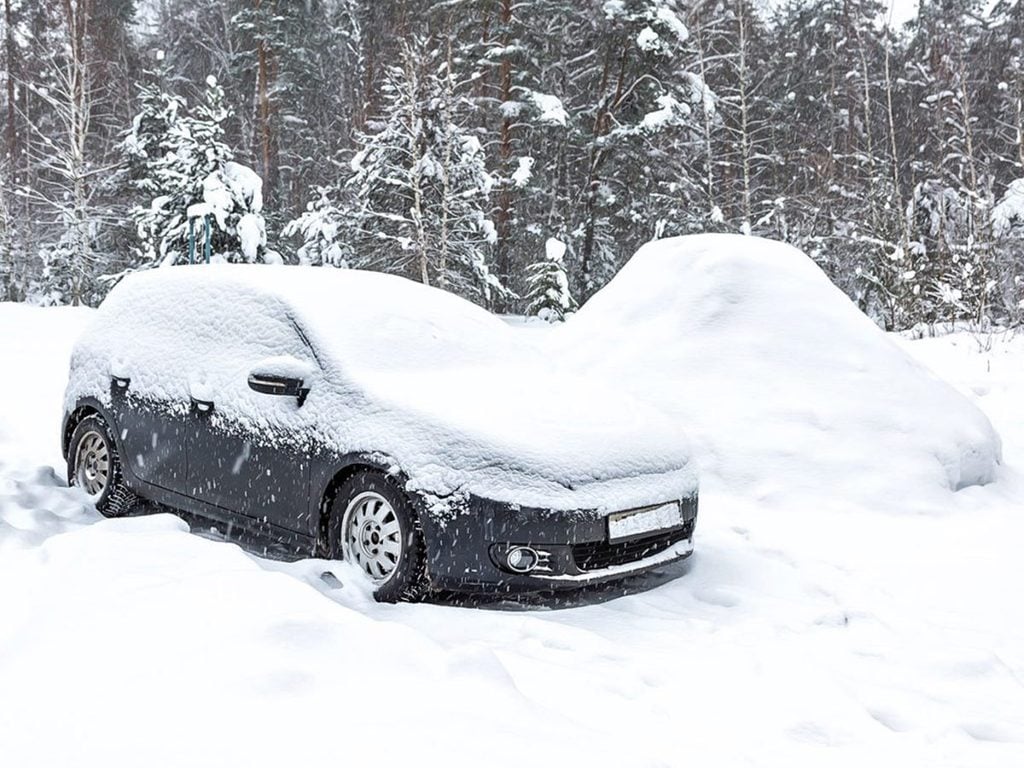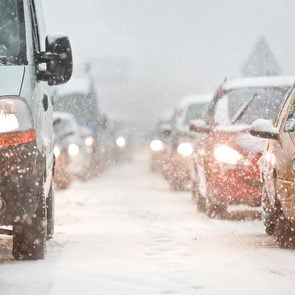This is How Cold It Would Have to Be For Gas to Freeze

If the temperature ever drops this low, frozen gasoline will be the least of your worries.
Cold weather can directly impact your car, and it’s a good idea to be prepared for the changing of the seasons.
But that doesn’t mean all of the concerns around winterizing your vehicle are worth worrying about. You may have heard before that if you keep less than half a tank of gas in your car during the winter, the gasoline could freeze in place and ruin your gas tank. This might seem like a real concern at first, but it falls apart under any further investigation.
In order for gasoline to freeze it needs to be held at temperatures around -73.33°C. That number will vary depending on the components that make up your gasoline (octane, for example, has a higher freezing point), but the point remains the same. The freezing point of gasoline is so extreme that it’s highly unlikely that temperatures in your area would ever drop to the point where gasoline is freezing in your vehicle, and it’s even more unlikely that anyone would be driving or want to drive in those conditions. (Find out the coldest temperature in Canada’s history.)
This doesn’t mean cold temperatures won’t have any negative effects on your gas tank, however. Condensation can bring water into your gas tank, and if that freezes it can cause a whole host of issues. The cold can also cause gasoline to break down and separate into its components, turning into a useless gel. Diesel fuel has a lower freezing point than regular gasoline, which is why fuel companies typically provide a summer and winter diesel blend.
Now that you know the freezing point of gasoline, check out a genius hack to defrost your windshield fast.






